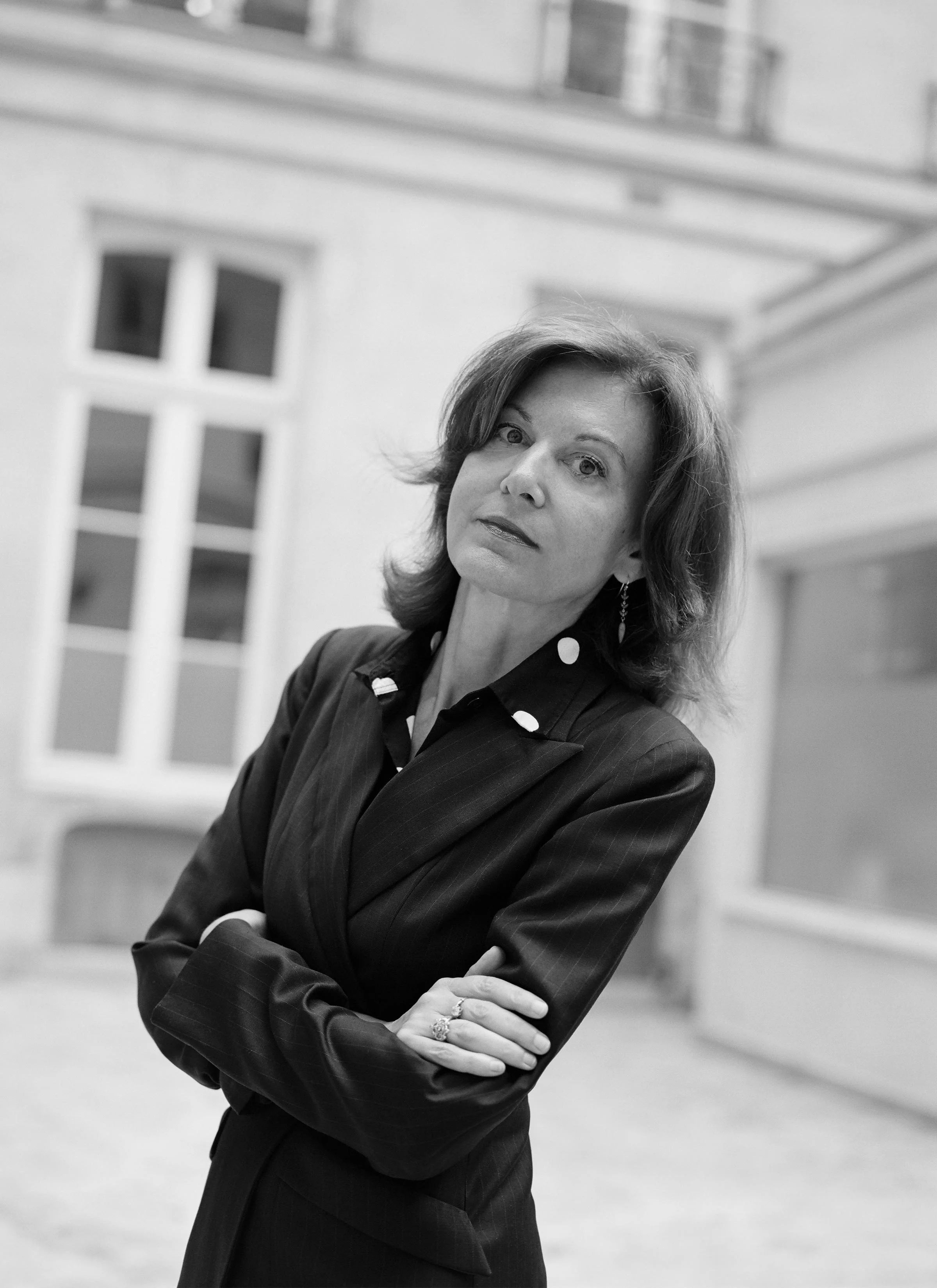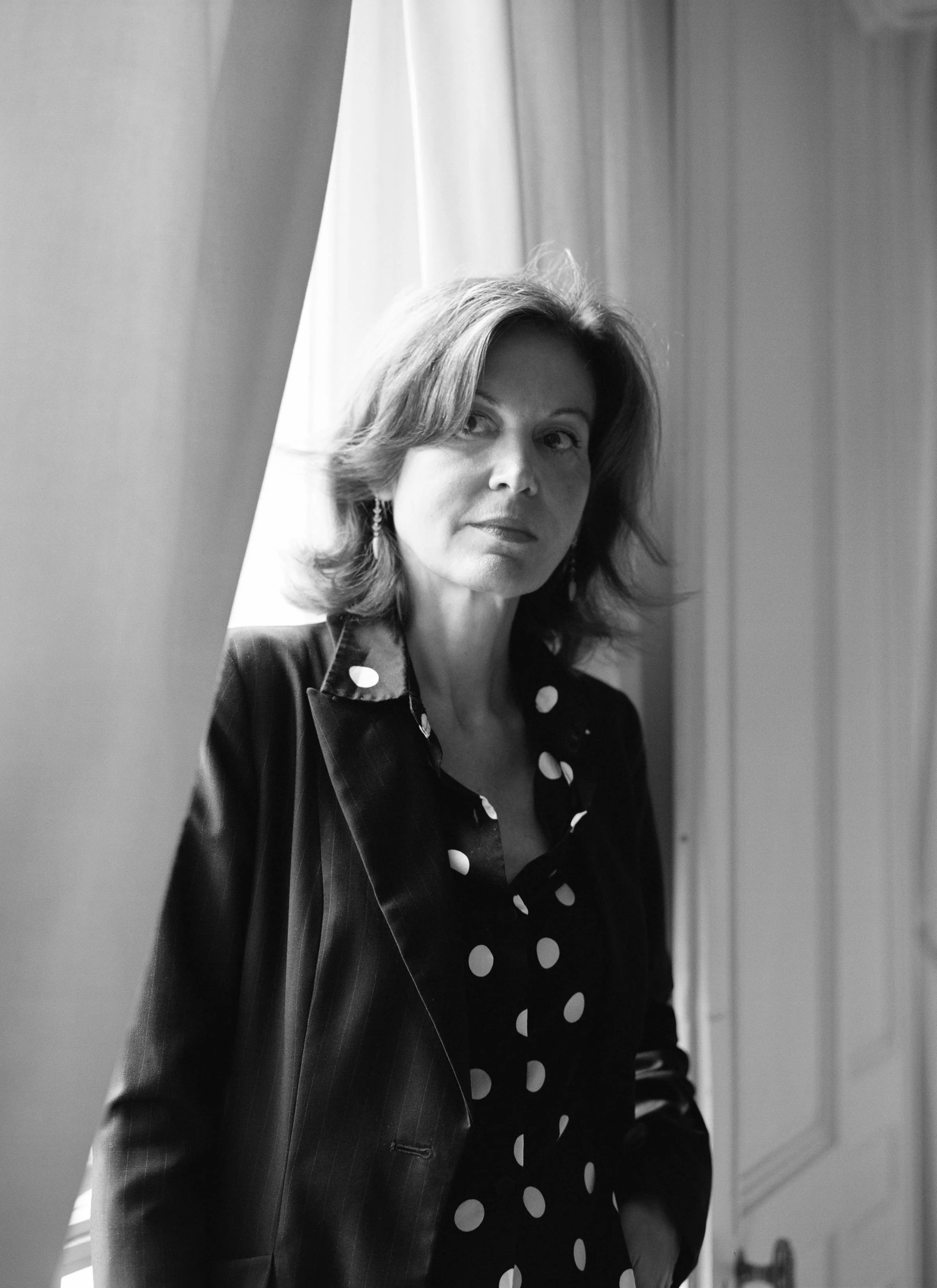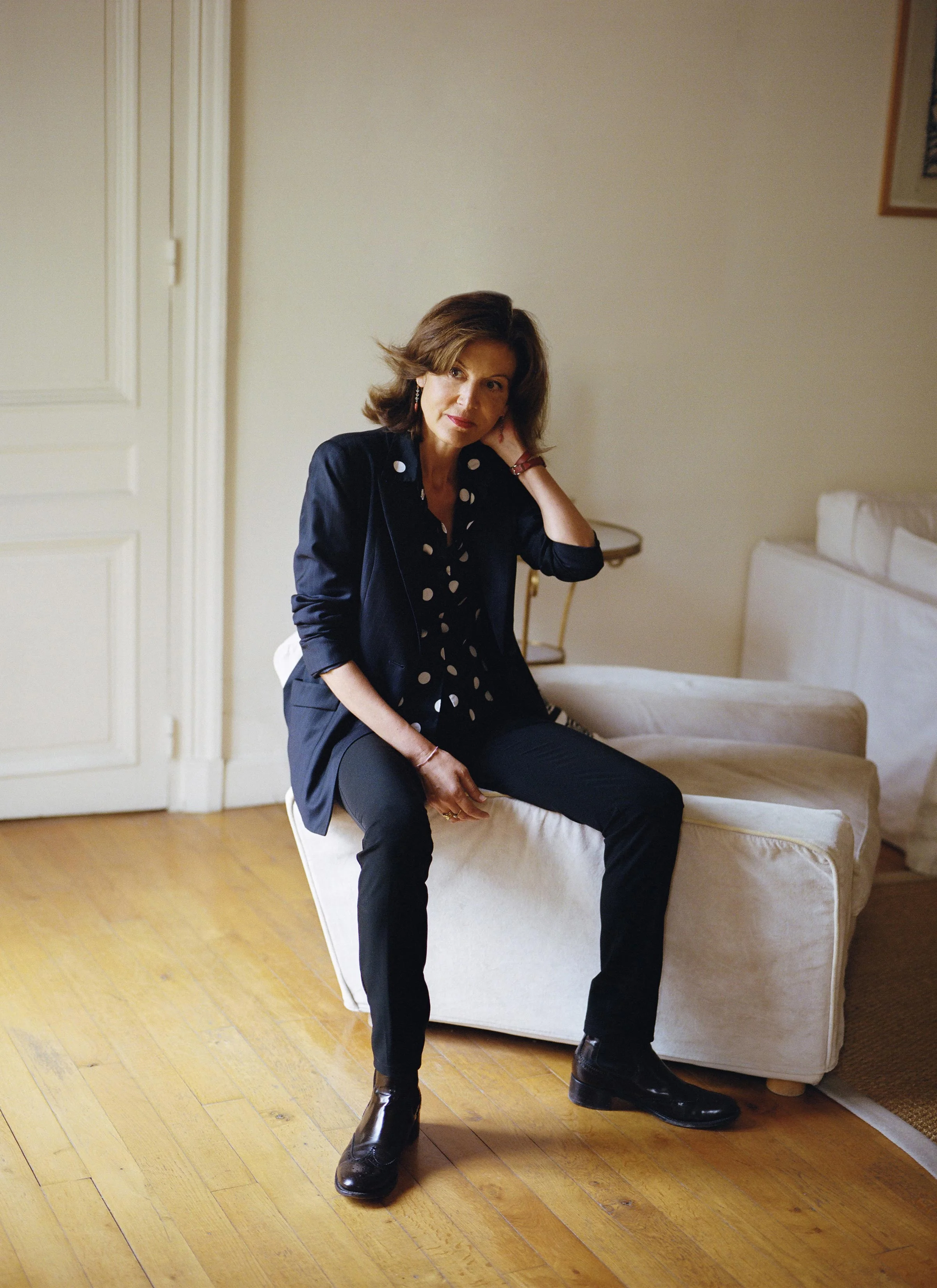people
Anne Fontaine speaks about her new film “The Innocents”



[](#)[](#)
Anne Fontaine speaks about her new film “The Innocents”
“People think that because I am
a woman I can express the way these women are together with more intimacy, \[But\] It could have been monks. It would be the same for me. What interested me was a community where people have given their life to God—how they can transcend violence.”
The award-winning director Anne Fontaine has assembled a powerhouse collection of women both in front of and behind the camera to make her 14th feature: _The Innocents_, which explores abuse and power dynamics in post-war Poland. Visually stunning with phenomenal cinematography from Caroline Champetier, the film follows a convent of sisters seeking the services of a French female doctor after being raped and impregnated by Soviet soldiers. “People think that because I am
a woman I can express the way these women are together with more intimacy,” says Fontaine. “\[But\] It could have been monks. It would be the same for me. What interested me was a community where people have given their life to God—how they can transcend violence.”
The concept for the film was presented to her by her French producers, Eric and Nicolas Altmayer, and the treatment was written in English by Sabrina B. Karine and Alice Vial. “I was impressed by the story,” explains Fontaine. “It was interesting because it touches many levels: interrogation, faith, violence, maternity… The first thing I tried to check was if it was really true, so I met the nephew of this young female doctor who has her diary. The diary is completely laconic—only the facts—but she writes what she does every day. I was completely touched, but more interested really by the ‘how’, —the psychology, the reaction of each woman, and how to make possible the meeting between
a girl who believes in concrete things and how she can connect deeply with these women who are completely in a spiritual world.”
Lou de Laâge \[also featured in this issue\] was cast as the young French doctor Mathilde, while the majority of the rest of the cast were Polish actresses playing sisters of the convent. “What I felt was interesting was the way in which these very strong women transgress their orders in
a positive way,” says Fontaine. They are appropriate words from a woman who wrote her first script at 25 years old and, at the behest of her friend, Jaques Audiard, directed it herself: “I never imagined that I would direct a movie,” she says.
“I was with my first movie in Cannes in 1993. After that it was like second nature.”



[](#)[](#)
Anne Fontaine speaks about her new film “The Innocents”
“People think that because I am
a woman I can express the way these women are together with more intimacy, \[But\] It could have been monks. It would be the same for me. What interested me was a community where people have given their life to God—how they can transcend violence.”
The award-winning director Anne Fontaine has assembled a powerhouse collection of women both in front of and behind the camera to make her 14th feature: _The Innocents_, which explores abuse and power dynamics in post-war Poland. Visually stunning with phenomenal cinematography from Caroline Champetier, the film follows a convent of sisters seeking the services of a French female doctor after being raped and impregnated by Soviet soldiers. “People think that because I am
a woman I can express the way these women are together with more intimacy,” says Fontaine. “\[But\] It could have been monks. It would be the same for me. What interested me was a community where people have given their life to God—how they can transcend violence.”
The concept for the film was presented to her by her French producers, Eric and Nicolas Altmayer, and the treatment was written in English by Sabrina B. Karine and Alice Vial. “I was impressed by the story,” explains Fontaine. “It was interesting because it touches many levels: interrogation, faith, violence, maternity… The first thing I tried to check was if it was really true, so I met the nephew of this young female doctor who has her diary. The diary is completely laconic—only the facts—but she writes what she does every day. I was completely touched, but more interested really by the ‘how’, —the psychology, the reaction of each woman, and how to make possible the meeting between
a girl who believes in concrete things and how she can connect deeply with these women who are completely in a spiritual world.”
Lou de Laâge \[also featured in this issue\] was cast as the young French doctor Mathilde, while the majority of the rest of the cast were Polish actresses playing sisters of the convent. “What I felt was interesting was the way in which these very strong women transgress their orders in
a positive way,” says Fontaine. They are appropriate words from a woman who wrote her first script at 25 years old and, at the behest of her friend, Jaques Audiard, directed it herself: “I never imagined that I would direct a movie,” she says.
“I was with my first movie in Cannes in 1993. After that it was like second nature.”
